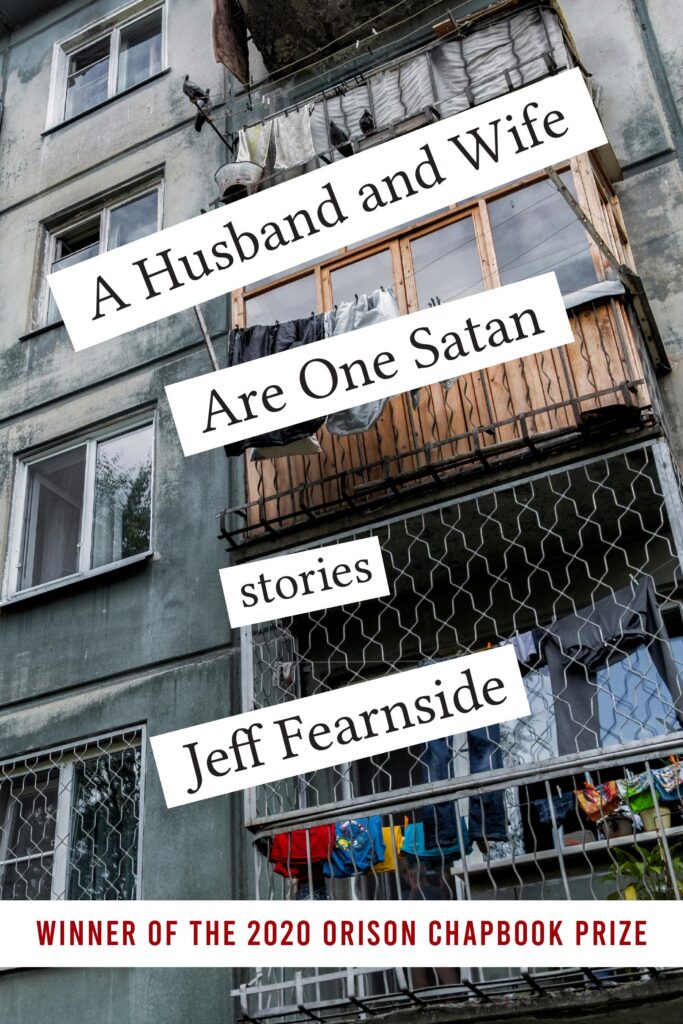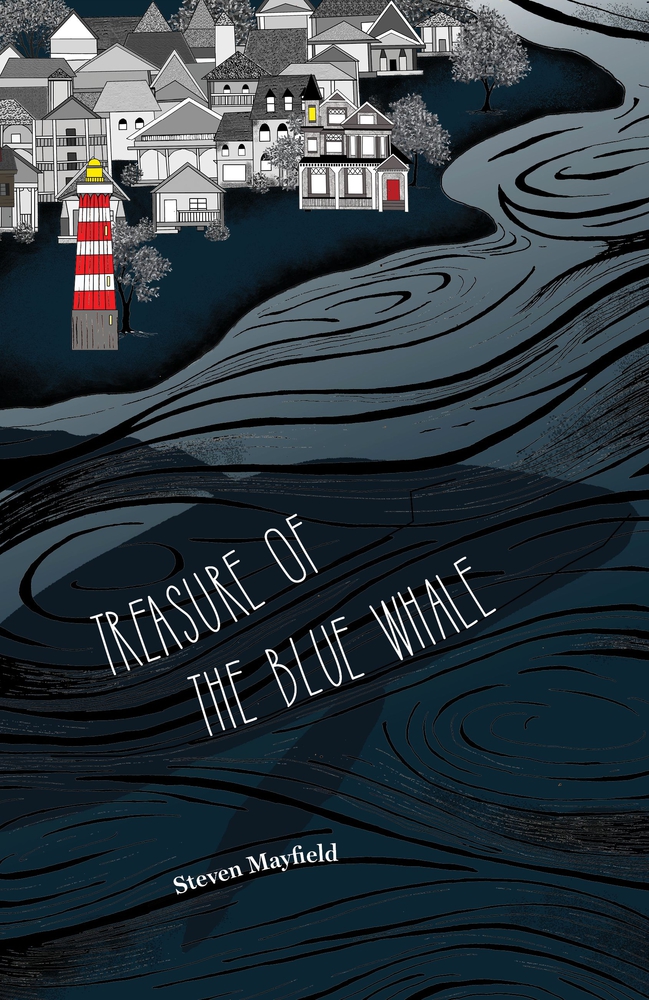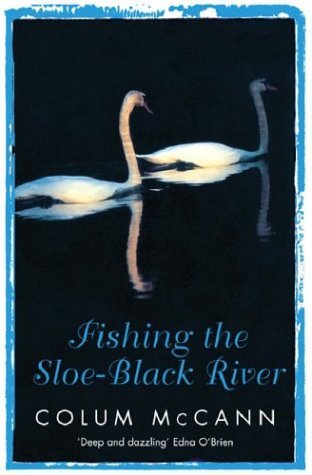Starting the year off big:
Call for the Dead by John le Carré is the first George Smiley book and le Carré’s first novel. The audio book does not include the introduction by le Carré that describes how he came to be a spy novelist, but the kindle version did. A prologue-like first chapter describes Smiley’s background and some of the influences on his actions and beliefs, a bit like a character sketch an author might create for his own purposes but not share with readers. In any case, Smiley, working in “Security,” interviews a foreign office employee who has been denounced in an anonymous letter. Next day, that employee commits suicide. Or does he? Smiley doesn’t think so, and so he investigates, even resigning his position to do so. It’s an engaging story, even if a little clunky at times.
Twilight of Democracy: The Seductive Lure of Authoritarianism by Anne Applebaum was my book club’s selection for this month, and I thought it was brilliant. Married to a Polish diplomat, Applebaum is particularly familiar with the situation in Poland, but also knows well other European nations including Hungary, which seems to have moved the farthest right of any countries on the continent. The analysis is first-rate, in my opinion, and beautifully written. She spends less time than I might have liked on the situation in America, but maybe we all know that story too well. And while the European cases are frightening, she might also have drawn on examples from South America and Asia.
Perpetual West by Mesha Maren is a novel that addresses a lot of themes, some of which I tried to touch on in my review in the New York Journal of Books. The main characters are Elana and Alex, a young couple who move from Virginia to El Paso, Texas at the beginning of the book. Alex, who was raised by an evangelist Christians in West Virginia, is drawn to the area because he was adopted from the Mexican border city of Juaréz, and as a sociology graduate student he’s interested in studying border cultures. He’s also escaping his parents’ strictures, however, and begins to explore his homosexual urges. Elana is also escaping a difficult family situation—her drug-addicted brother attempted to kill their father—and sinks into anorexia with little direction in her life. Ultimately the book is her story, as she begins to search for Alex after he disappears, presumably in Mexico. The pace of the novel picks up when Elana begins her search, but until then it drags somewhat while we struggle to understand what Alex and his lover, a Mexican Lucha Libre wrestler who is, reluctantly, employed by the boss of a Mexican drug cartel.
A Husband and Wife are One Satan by Jeff Fearnside is a chapbook of short stories set in Kazakhstan. We published the title story in the very first volume of Everywhere Stories: Short Fiction from a Small Planet (Press 53, 2014). As a Peace Corps Volunteer in Kazakhstan, Jeff got to know the country very well, and I got a taste of it myself when I worked there as a consultant back in the 1990s. The chapbook is only 40 pages long, but the five stories are excellent. They are told from varying points of view and all manage to reveal interesting aspects of the history and culture of the country. If you have any interest in Central Asia, this would be a great read. My full review is available at PeaceCorpsWorldWide.org.
Treasure of the Blue Whale by Steven Mayfield is a charming novel told from the point of view of an old man recalling an incident from the summer of 1934 when he was ten years old. He finds a mass of ambergris on the beach—the first chapter, in something of a prologue, explains how it came to be—and the town stands to be very wealthy with this discovery when the boy opts to share his good fortune. There are, of course, complications, but along the way we meet a fascinating cast of characters. It’s a very enjoyable book.
Fishing the Sloe-Black River by Colum McCann is a collection of short stories and McCann’s first book. I’d been meaning to read it for some time, and just came across so finally cracked it open. Damn, but he’s such a fine writer, and there’s a terrific variety here. The characters are Irish, many who have found their way to other countries—the U.S. mostly—but some who have stayed. There’s a bleakness about the stories, too—the lack of opportunity for the ones who stayed, and the struggles for the one’s who managed to leave.
Half by Sharon Harrigan is an excellent book about twins who grow up in Michigan with an overbearing father they come to hate. Eventually, when they go off to college, they manage to avoid seeing him, coming home to visit their mother only when they know he’ll be away. The twins remain close to each other, though, speaking daily, more or less reading each other’s minds, even as their careers pull them apart. We know from the very beginning that they have come home for their father’s funeral, and eventually most of what they thought they knew begins to unravel.
Shadow Dance by Martin Ott is a forthcoming novel in a genre that one might call LA Noir. The main character, Buddy Rivet, is AWOL after a tour in Afghanistan where he got into some trouble. Arriving home in Louisiana, the other LA, he discovers that his erstwhile girlfriend has spent the money he’s been sending her on a trailer in her name and on top of that she’s sleeping with his sleazy uncle. So he moves on to Los Angeles to find his childhood friend Solomon because he thinks his friend needs help. Indeed, the friend is involved with a family that is into a lot of nasty business. Buddy, taking the name West, finds himself sucked into their world. Meanwhile, he wonders whatever happened to his parents who went missing after some scam they pulled back in Louisiana. He believes they’re still alive and sets about to find them, which reminds me some of The Family Fang. Look for this one in 2023. (I was asked to provide a blurb for this book, which is why I’ve read it so far in advance of publication.)







